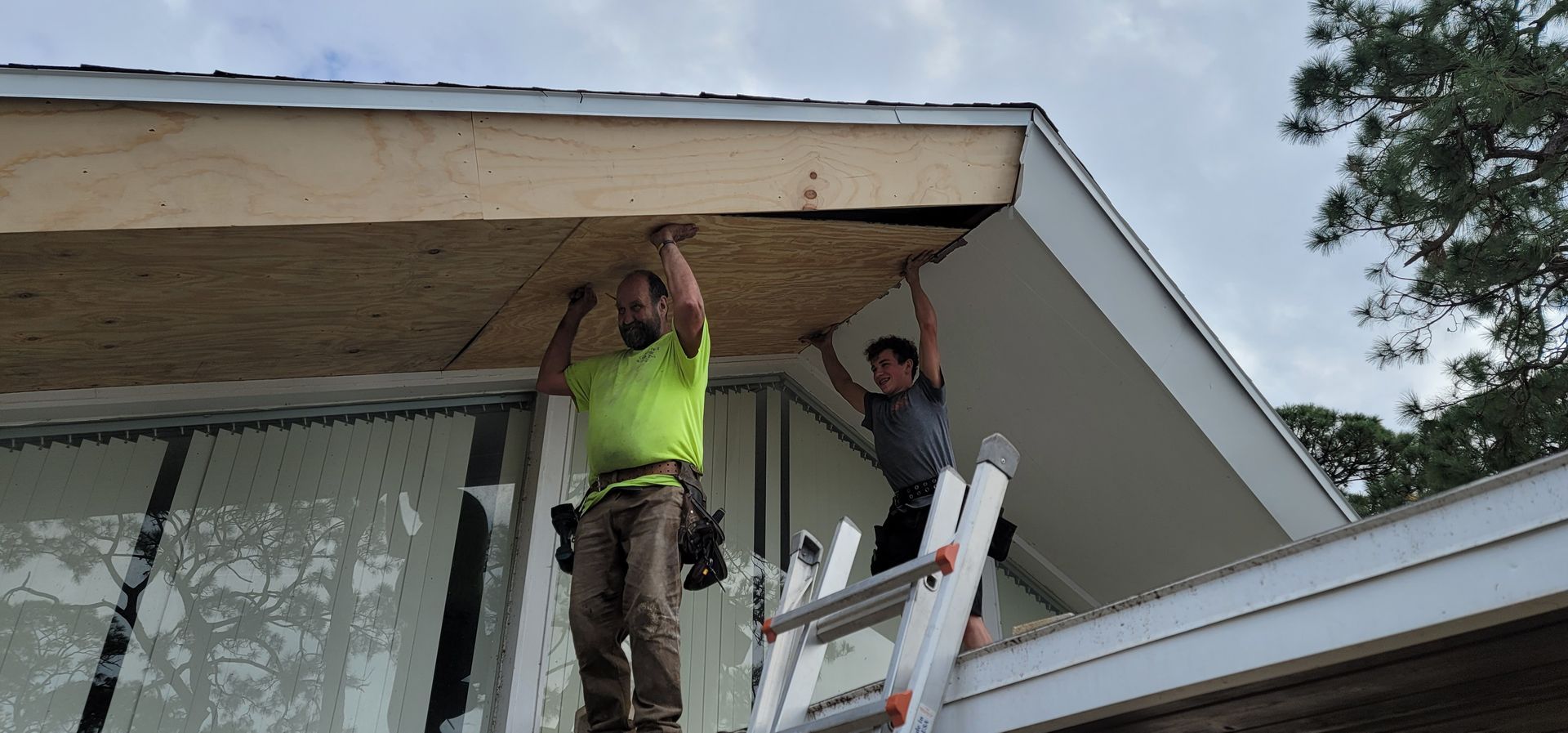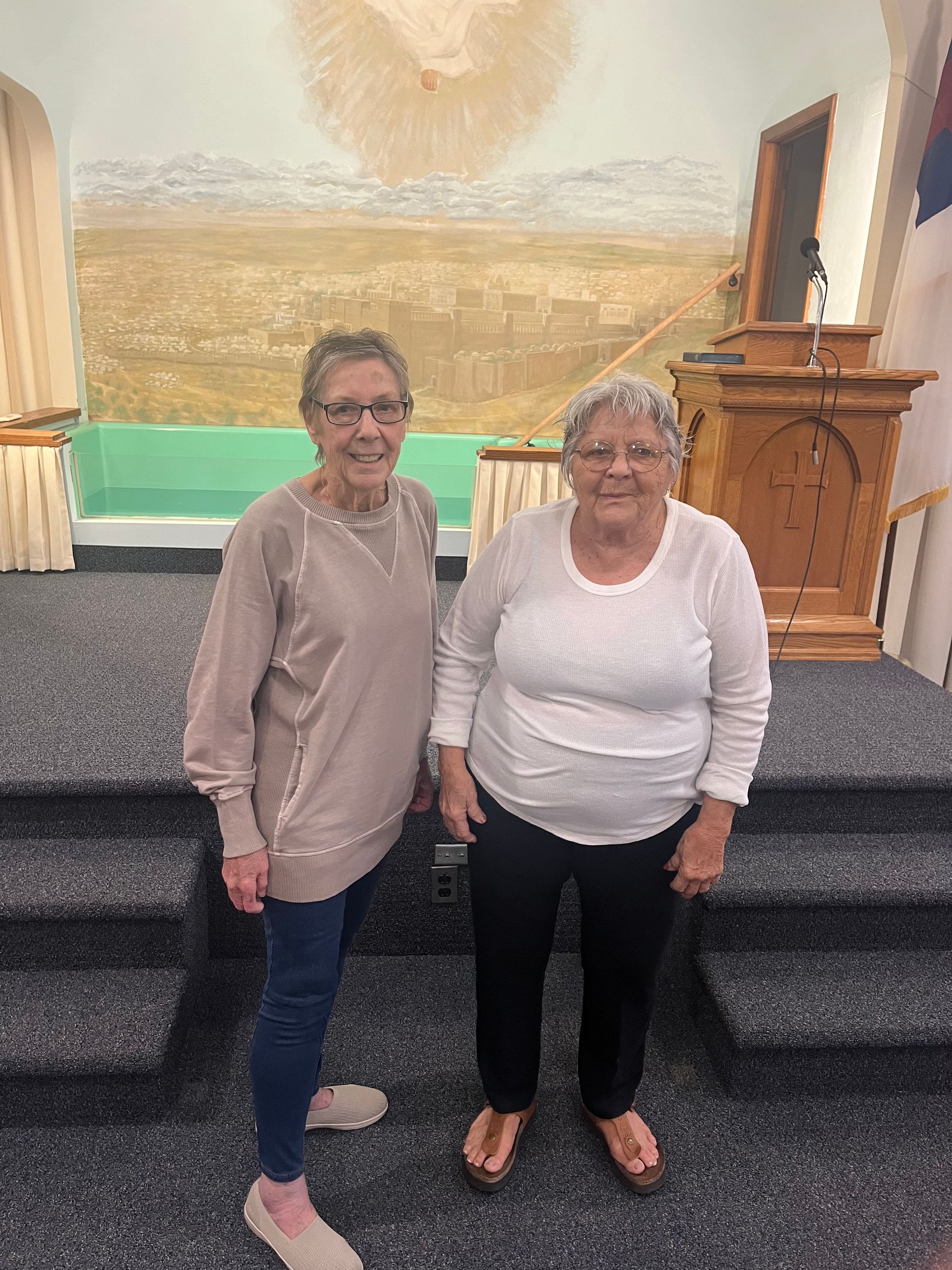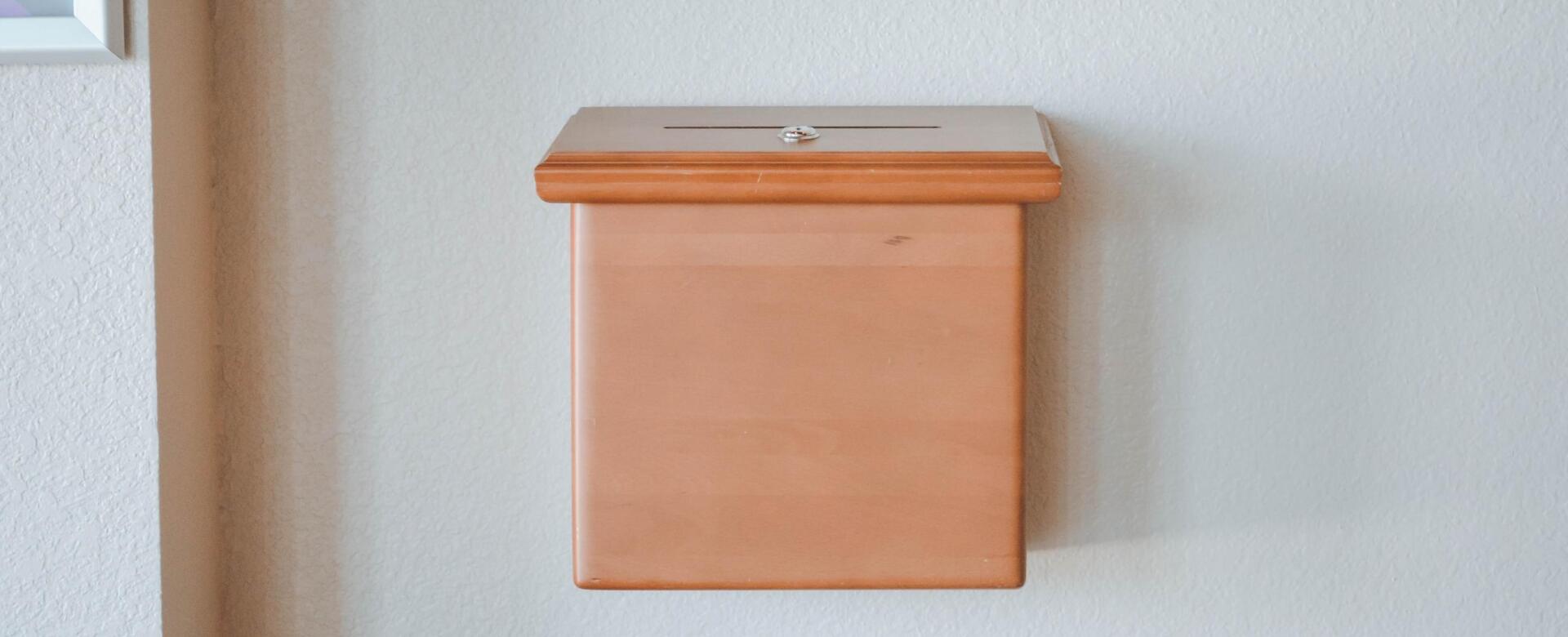How Your Church Can (And Should) Be Responding to COVID-19
There is no shortage of worry, fear and near panic occurring nationally and globally around the recent outbreak of COVID-19, a novel coronavirus. As with many events covered in media, there seem to be two reactions: complete pandamonium and skeptical indifference. The Brethren Church National Office has heard real concerns from churches that are located in outbreak areas of the country, as well as skeptical doubt of "the whole thing being blown out of proportion."
So, what are we as the church to do?
Well, first, let's acknowledge that COVID-19, whether it is affecting us directly (yet) or not, is a real event. And, while symptoms may not be quite as scary as a plague, it is a very infectious disease and carries significant risks for certain populations.
Next, we must recognize that the Church is called to be a place that points to the hope, truth, and safe-place of Jesus Christ. We can simultaneously resist panic and fear while being proactive in prevention. Wisdom tells us that we can take common-sense precautions, all the while trusting that God is in control.
Finally, we are called to be people that carry the hospitality of the Gospel. Part of being hospitable is "holding space" for those who are weary, worried, broken, sick and more. We are to create safe spaces for people to encounter the love of Jesus Christ through the gathered community and proclaim the name of God as Lord in worship. If we brush-off or ignore the risks of COVID-19, we are not creating a hospitable place, and we run the risk of increasing the vulnerability of some of our attendees.
"We can simultaneously resist panic and fear while being proactive in prevention. Wisdom tells us that we can take common-sense precautions, all the while trusting that God is in control."
The following is a list of common-sense practices that your church should begin (if you weren't already) that will help mitigate the risk of transmission:
CLEAN IT UP
This should be filed in the "no-brainer" category, but routinely clean surfaces and items touched by different people. Telephones, door handles, faucets, fountains. When was the last time your children's area toys were disinfected?
Make hand-sanitizer available in your lobby, narthexes, near entrances, outside restrooms and the like. Encourage proper handwashing (at least 20 seconds with hot/warm water and soap). Need a reminder of how long that is? Just sing the doxology while washing your hands.
Put up signs reminding people to wash hands, cough/sneeze into their elbows and remind people from the pulpit/stage. It's not an overreaction; it's caring for those entrusted in our care.
MODIFY WORSHIP GATHERINGS
Should we continue to gather? Maybe. But probably not. As of 3/17/2020, the CDC now recommends canceling any gathering of 10 or more. Your locality or state may have already done this or recommended a different number.
Members of particularly vulnerable demographics are at a higher risk. Those over the age of 60, those with weakened immune systems and those with underlying medical conditions are at risk with COVID-19.
We are not called to "prove God will keep us safe". In fact, church leaders are called to protect their flock. In loving, sacrificial hospitality, consider making the call to postpone public gatherings in the interest of loving not just your congregants, but anyone they might come in contact with. Holding church is encouraging the spread of this very contagious disease.
Consider what our witness is when we choose to meet despite the recommendations of medical professionals and the rule of law? Let's not mistake confidence in the Gospel with our own hubris.
Stay home. It's simply not worth the risk.
Many Brethren Churches livestream their services. What a great time to remind folks of how they can access your services from the comfort of their own home.
CONSIDER CHANGING COMMUNION
Many, if not all Brethren churches will celebrate three-fold communion in April, around Easter. By all estimates, the now-proclaimed COVID 19 pandemic will be far from over. There are some common-sense approaches we can take to make this process safer.
For foot washing, ensure that your church is using a mild-chlorine solution rather than tap water. This solution is safe for human skin, but is more sanitary and will help disinfect. Directions on making the solution (0.05% Chlorine solution) are available from the CDC here. Also consider changing washing basins after each use, if you don't already.
Offer Individual Cups For Communion Reduce hand-to-hand transmission by providing individual bread and cup servings. Those preparing these portions should practice food safety by wearing gloves and hairnets. Better yet? Consider individually packaged portions this year.
The Lovefeast Invest in food-grade hand, mouth and hair protection when preparing any foods to be served. Here's a guide on temporary food service safety. This might be the time to pass on that carry-in dinner. Since most churches don't have buffet lines with sneeze guards, or any other protections, hold off. Any food that is prepared by the church should be done so under the strictest of scenarios for food safety.
DON'T PASS THE OFFERING PLATE
Durable objects (such as baskets or offering plates) are reported to retain active droplets of COVID-19 for hours or days. Certainly a few moments while being passed down a row of chairs or pew.
Consider using a stationary offering basket, plate or bucket. You could have everyone bring their giving up to the plate in the front, or place them near the exit and allow congregants to drop in their tithes and offerings on the way out.
This would be a great time to setup online giving if your church hasn't already. Feel free to email us if you need help setting up online giving for your church. It's easy, and often yields more giving for your church
BE HOSPITABLE
None of this is intended to create more panic, fear or pandemonium. In fact, these common-sense practices will help your congregants find peace. Allow the church to become a place of respite, that exhibits appropriate caution, but invites people into communion with one another. By acknowledging the risks, taking appropriate, measured action, and pointing people to the sovereignty of God, we create spaces where people can fully know the peace that only He brings.
What step(s) is your church taking that isn't listed here? Let us know in the comments!
ADDITIONAL RESOURCES
Your local health department is your best resource for up-to-date regulations and directives regarding the virus. However, there are many other resources available to your church, including the following:
- Christianity Today Guide to Corona Virus
- CDC Guide for Community and Faith-Based Organizations for Influenza (Applicable for COVID-19 Best Practices as well)
- State of Ohio Guide for Faith-Based and Community Organizations













